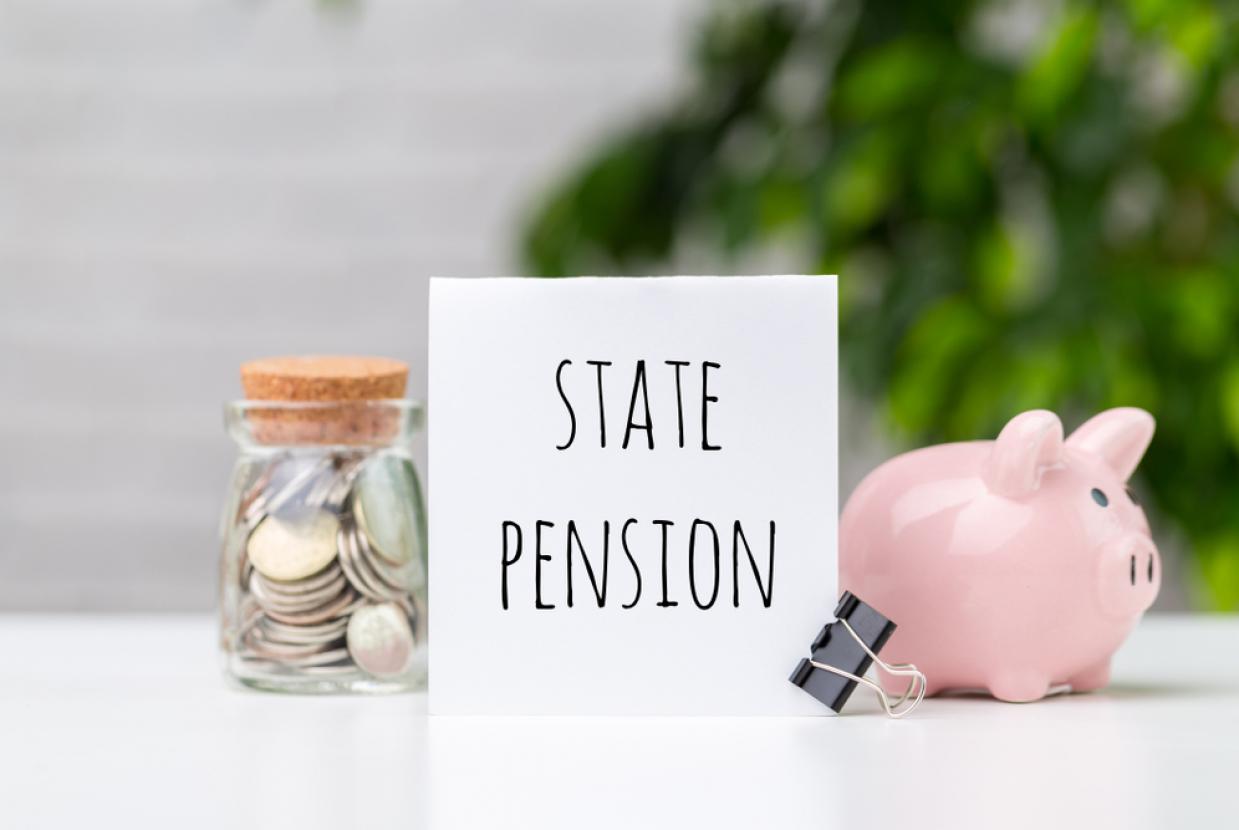How to Spot a Pension Scam
Pensions and RetirementPension scams are on the rise in the UK. The internet and advances in digital communications mean these kinds of scams are getting more common and harder to identify. Find out how to spot, avoid and report pension scams.
What is a pension scam?
There are different types of pension scam, but they can all lead to you losing a lifetime’s worth of savings in a moment.
Since April 2015, you have more choices about how you can access your pension pot.
Scammers know this and will try to lure you with promises of upfront cash and one-off ‘deals’ with ‘guaranteed’ high returns.
Remember that pension scams can take many forms, and usually appear to be a legitimate investment opportunity. But pension scammers are clever and know all the tricks to get you to hand over your savings.
They might try to persuade you to cash in your pension – either the whole lot or a large sum – and hand the money to them to invest.
Watch out particularly:
- for people contacting you out of the blue, or
- adverts claiming to offer free pension reviews or no-obligation consultations.
How to spot a pension scam
Here are some common tell-tale signs that mean it could be a scam:
- Unsolicited approaches by phone, text message, email or in person. Since January 2019, there has been a ban on cold calling about pensions. This means you should not be contacted by any company about your pension, unless you’ve asked them to contact you.
- When a firm doesn’t allow you to call them back.
- Where you’re forced to make a quick decision, are pressured into doing so, or are encouraged to transfer your pension quickly and send documents by courier or get a personal representative rushing you. Never be rushed into a decision.
- Where contact details you’re given, or on their website, are only mobile phone numbers or a PO box address.
- When they claim they can help you or a relative unlock a pension before the age of 55, sometimes known as ‘pension liberation’ or ‘pension loans’. Only in very rare cases, such as very poor health, is this possible. Read more in our guide Early retirement because of illness, sickness or disability.
- When they claim to know of tax loopholes or promise extra tax savings.
- Offer high rates of return on your investment, but claim it’s low risk. Investments can go up as well as down, so if it sounds too good to be true it probably is.
- Offers or mentions of ‘one-off investments’, ‘time-limited offers’, ‘upfront cash incentives’, ‘free pension reviews’, ‘legal loopholes’ or ‘government initiatives’.
- Claiming to be from legitimate organisations – legitimate organisations will never contact you without your permission first.
- There might be little or nothing in the way of contact names, addresses or phone numbers, but there might also be lots of people or firms involved. The more people involved, the more likely it’s not legitimate.
Taking money out of your pension early can result in tax charges of more than half the value of the money you take out.
This is on top of charges of typically 20% to 30% for agreeing to these arrangements. Your remaining pension savings will also be placed into high-risk investments.
Investing your entire pension into one single investment could be very high risk, as investments go down as well as up.
In fact, in the worst-case scenario, you could lose all of your money. If you’re not comfortable with the level of risk being suggested, it’s important to think carefully about whether it’s right for you.
How to protect yourself from scams
To avoid being caught out by a pensions scam, make sure you follow these rules:
- Reject any unsolicited calls, emails, text messages or visitors to your door. Legitimate companies won’t cold call or contact you out of the blue.
- Before transferring any pension, make sure that the person or firm you’re dealing with is regulated by the Financial Conduct Authority (FCA) and are authorised to provide pension advice. Check the FCA register of regulated companies, or the FCA warning list
- Check the firm’s HMRC status. Ask the scheme you’re transferring from to check the scheme’s HMRC registration status, to make sure that it’s real and authorised. However, you might be encouraged to invest in unregulated high-risk investments within an authorised scheme, so you need to be very careful.
- Is the adviser or firm’s reputation good? Have there been complaints about the adviser, firm or investment? Do a thorough internet search. Also check on forums and social media for mentions and personal experiences.
- Where are they located and how easy is it to contact them? Is their address a PO Box or a serviced office? Are they contactable at their registered office? Is it a dedicated landline or just a random mobile number? If anything appears to be hidden, be very careful.
- Listen to pension provider due diligence. Scammers might warn that your current pension provider or former employer will try and stop you transferring out, suggesting that they just want to keep your money. This isn’t the case, your provider will have to do some thorough due diligence checks on the scheme you’re planning to transfer to. If they suspect a scam, they have an obligation to try to protect your funds.
- Check any offer against the information with FCA’s Scam Smart website
- If you’re thinking about an opportunity, get independent financial advice from an FCA-regulated firm. Check the FCA register of regulated companies.
- Shop around and get the opinion of a few financial advisers. You can find regulated financial advisers in our Retirement Adviser Directory.
What to do if you think you’re being targeted
Contact your pension provider straight away. They might be able to stop a transfer that hasn’t taken place yet.
Report it on the FCA Scam Smart website and to Action Fraud on 0300 123 2040. Or report it on the Action Fraud website. Action Fraud will collect the information and give you a police crime reference number. You can see the status and update details of your case through their online crime report system.
You can report a regulated financial adviser or unauthorised adviser to the FCA by contacting their Consumer Helpline on 0800 111 6768 or reporting it online on the FCA website.



































